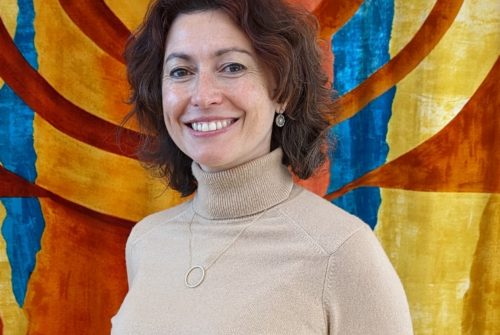On Yom Kippur morning, we will read one of my favourite parts of Torah, Exodus 33, when Moses asks to see all of God, and is pointedly refused.
Moses, the receiver of Torah, and the one in closest communication with God, is not granted the honour of seeing the fullness of the Divine – he sees only God’s back.
The Torah is couched in language and imagery specific to people, time and place. Moses, in Jewish tradition, is the greatest of all prophets, but if even he can only see where God has been and experiences revelation in language specific to him and his people, how can anyone else be expected to grasp more?
Moses was a great leader, but nonetheless human, limited by the events and surroundings forming him and experienced revelation through his remarkable, but particular lenses.
So even within the telling of the revelation at Sinai, the giving of Torah to the Jewish people, the Truth that humans can conceive of is limited.
No one person – or group – can grasp the fullness of the Divine, or
lay claim to a monopoly on the Truth of God. There is infinite room
for the other. The more we hear one another’s glimpses of Truth (and truth), the more we can expand our own understanding.
Knowing no one can know the whole truth is comforting. It also means I worry when people tell me they know exactly what God wants or is. The Torah itself reminds us we can’t know – and perhaps here begins the millennia of Jewish debate and disagreement about what every phrase, word and letter might tell us.
On Yom Kippur, when we consider our relationship with God, we are asked to embrace theological humility – we might not know it all. In doing so, we can learn more and perhaps even see a little bit more of the unknowable and of ourselves.



